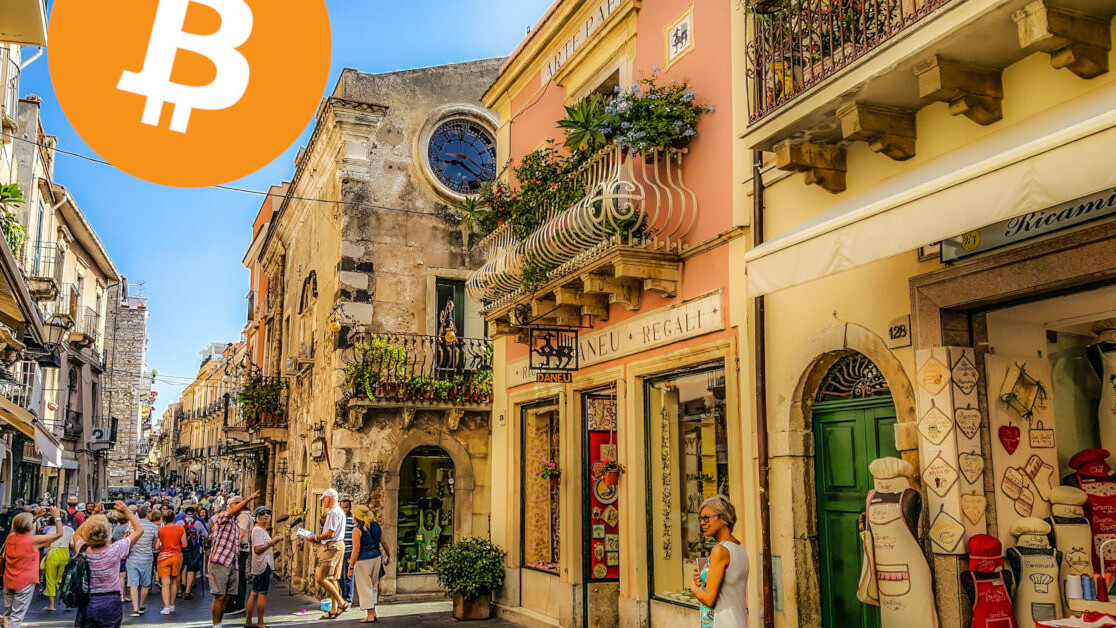
Italian authorities have moved to protect local investors by temporarily banning the sale of two particularly dodgy cryptocurrency investments within the country for 90 days.
In a special bulletin, the Commissione Nazionale per la Società e la Borsa (CONSOB) revealed a string of websites and Facebook pages it has restricted from selling potentially fake cryptocurrency projects, Bitsurge Tokens and Green Energy Certificates.
CONSOB is much akin to the US Securities and Exchange Commission, and is Italy’s primary financial regulator.
The Bitsurge scheme offers special “token contracts” that promise monthly returns. The system is apparently so lucrative that a $1,000 investment will see six percent revenue paid to the investor every month.

The second scam is similarly strange. CONSOB identified several Facebook pages offering “Green Earth Certificates.”
These are painfully phony blockchain-powered tokens, touted to be backed by plots of land in the Costa Rican rainforest.
Related marketing materials promise six-percent annual return on purchased land. This is supposedly possible, as oxygen produced is said to be monetized as part of vague agreements with the local government.
“The purchased rainforest areas will be sold on the Green Earth platform (at 80 percent of the purchase price), [with six percent] of annual income distributed at 0.5 [percent],” reads the fraudulent sales pitch.
As with all classic Ponzi schemes, both scams claim profits increase so long as investors hand over more money.
CONSOB reports a mysterious firm, Avalon Life, is responsible for both “tokens.” Supposedly based in Costa Rica, Avalon Life says it provides “education and innovative solutions in the field of blockchain technology.”
But as far as the Italians are concerned, the solutions it currently offers are blatant scams. So be warned, and stay away.
Get the TNW newsletter
Get the most important tech news in your inbox each week.




